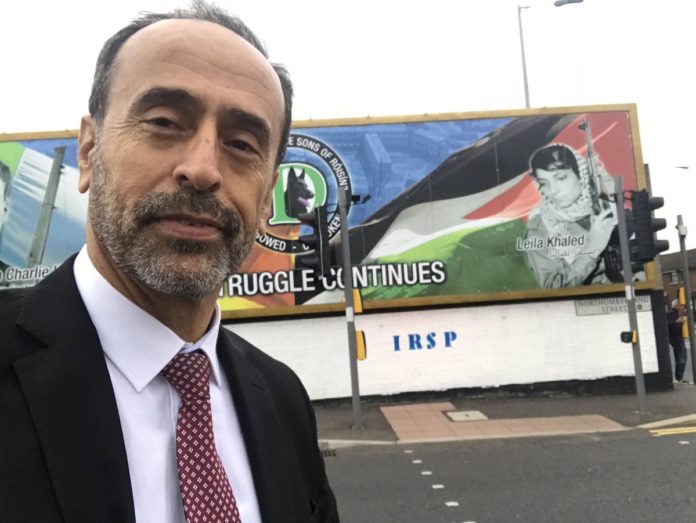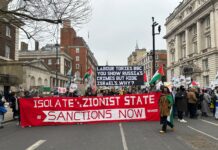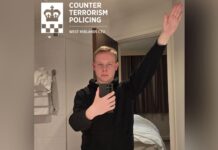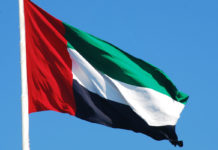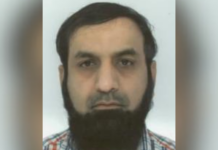A British-Palestinian activist has had his name removed from a blacklist which may have played a role in his bank account being closed by NatWest.
Zaher Birawi, the chairman of the Palestine advocacy group Europal Forum, complained to the World-Check financial database and received financial compensation in a settlement.
World-Check is widely used by leading banks and businesses to assess customer risk and reduce their exposure to legislation intended to tackle financial crime.
Birawi launched the action after NatWest bank closed his account in early 2018. When he asked them for a reason they refused to tell him why.
He said: “Following two and a half years of continuous efforts, my legal team, authorised to pursue this case on my behalf, succeeded in forcing WorldCheck, (owned by Refinitiv Ltd), to remove my name from its lists, where it wrongly and without justification or evidence, classified me on its Terrorism list…
“My legal team relied primarily on the fact that there has never been any legal sentence passed against me by any official authority in any state anywhere in the world, and that never have I been found to have been involved in any illegal acts which could be deemed within the scope of terrorism crimes.
“My legal team explained that WorldCheck mainly relied on this ‘Terrorism’ classification based on lists prepared by the State of Israel, as well as inaccurate news websites that were likely driven by political motives and agendas not based on objective evidence which caused hurt and damage to me. I have no doubt that everything that was published in these sources was due to my active role in defending the rights of my Palestinian people who live under occupation and because of my political activities to expose the racism of the Israeli occupation state…
Subscribe to our newsletter and stay updated on the latest news and updates from around the Muslim world!
“I wish to thank my legal team who fought this legal battle on my behalf and secured this beneficial conclusion, and to affirm that all attempts to tarnish my reputation will never affect my determination to pursue my duties and political activities in Europe to defend a cause which I see as my national cause and the rights of my people who live under the racist Israeli occupation regime, nor will they stop or hinder my efforts towards exposing the racism and crimes of the occupation state.”
A spokesperson for Refinitiv said the company does not have a “terror list” in World-Check and does not have the authority to designate anyone a terrorist. He said there was an agreed settlement reached between both parties on a no-fault basis.
He added: “World-Check is one of many sources used by banks and other businesses to help them meet their regulatory requirements and identify potential financial and related crimes such as money laundering and the financing of terrorism.
“World-Check does not perform a law enforcement function and does not have the authority to designate any person or group as a terrorist. If there is reliable information in the public domain linking an individual or group to terrorism this is reflected in World-Check. In the event this information is incorrect or updated, we will reflect this in World-Check.”
In June 2017, the former owner of World-Check, Thomson Reuters, was forced to pay damages and issue an apology after it falsely linked Finsbury Park Mosque to terrorism. The mosque said that it had its banking facilities withdrawn by HSBC as a result of the listing.
A month later, the Palestinian Solidarity Campaign, the UK’s largest Palestinian rights group, successfully fought to have its organisation and chairman removed from the blacklist, which it said were as a result of “smears” and false claims.
And two years ago, Majed al-Zeer, the director of the Palestinian Return Centre (PRC), won £10,000 in damages and had his name removed from World-Check’s terrorism categorisation.




